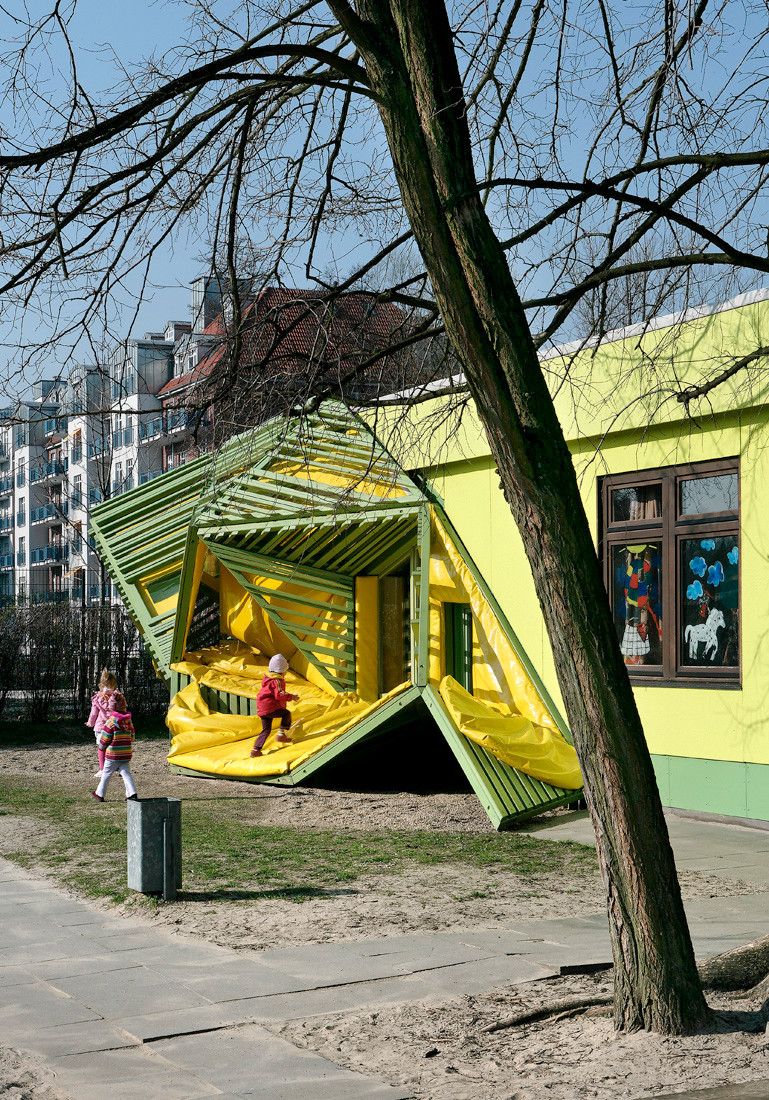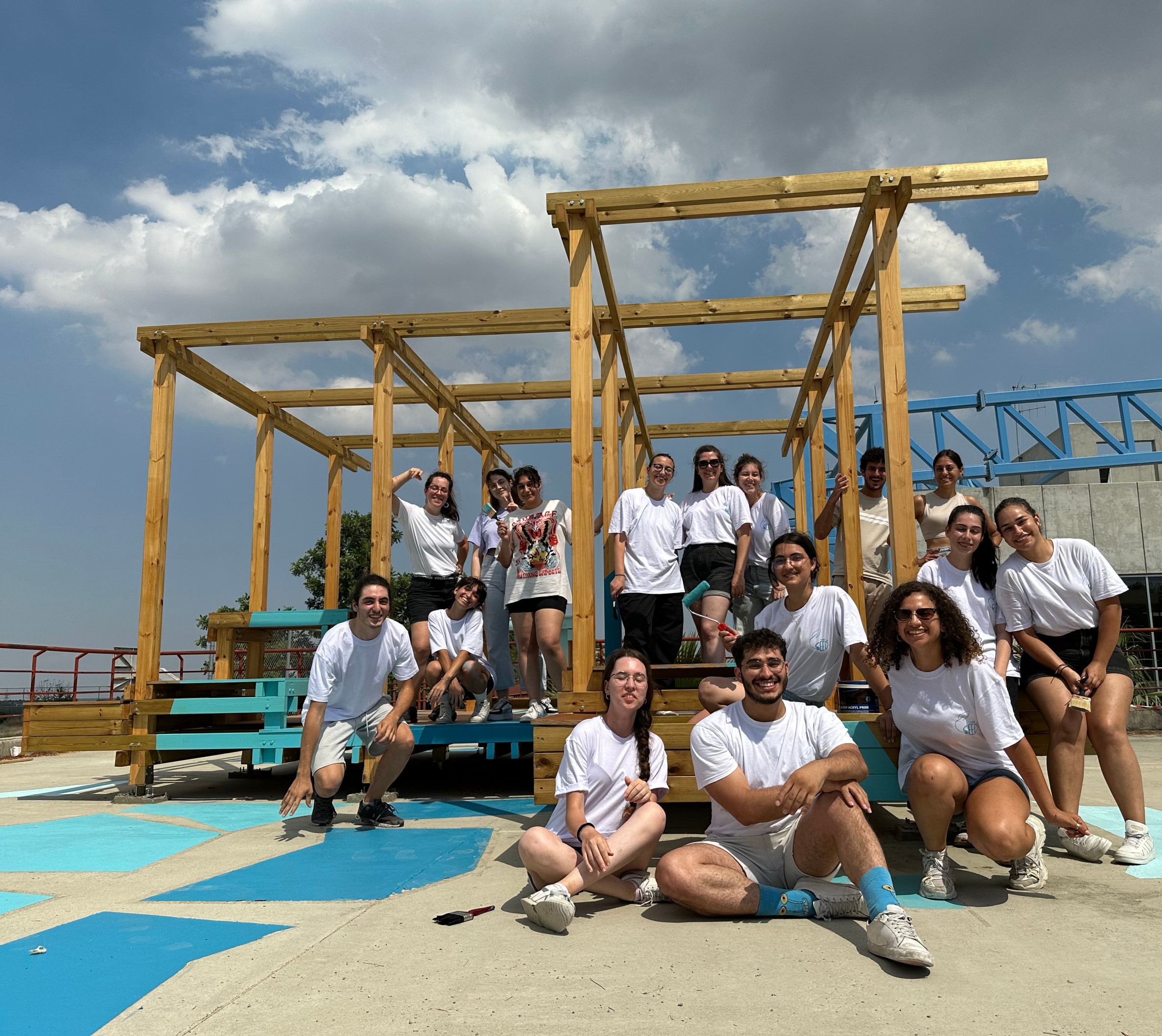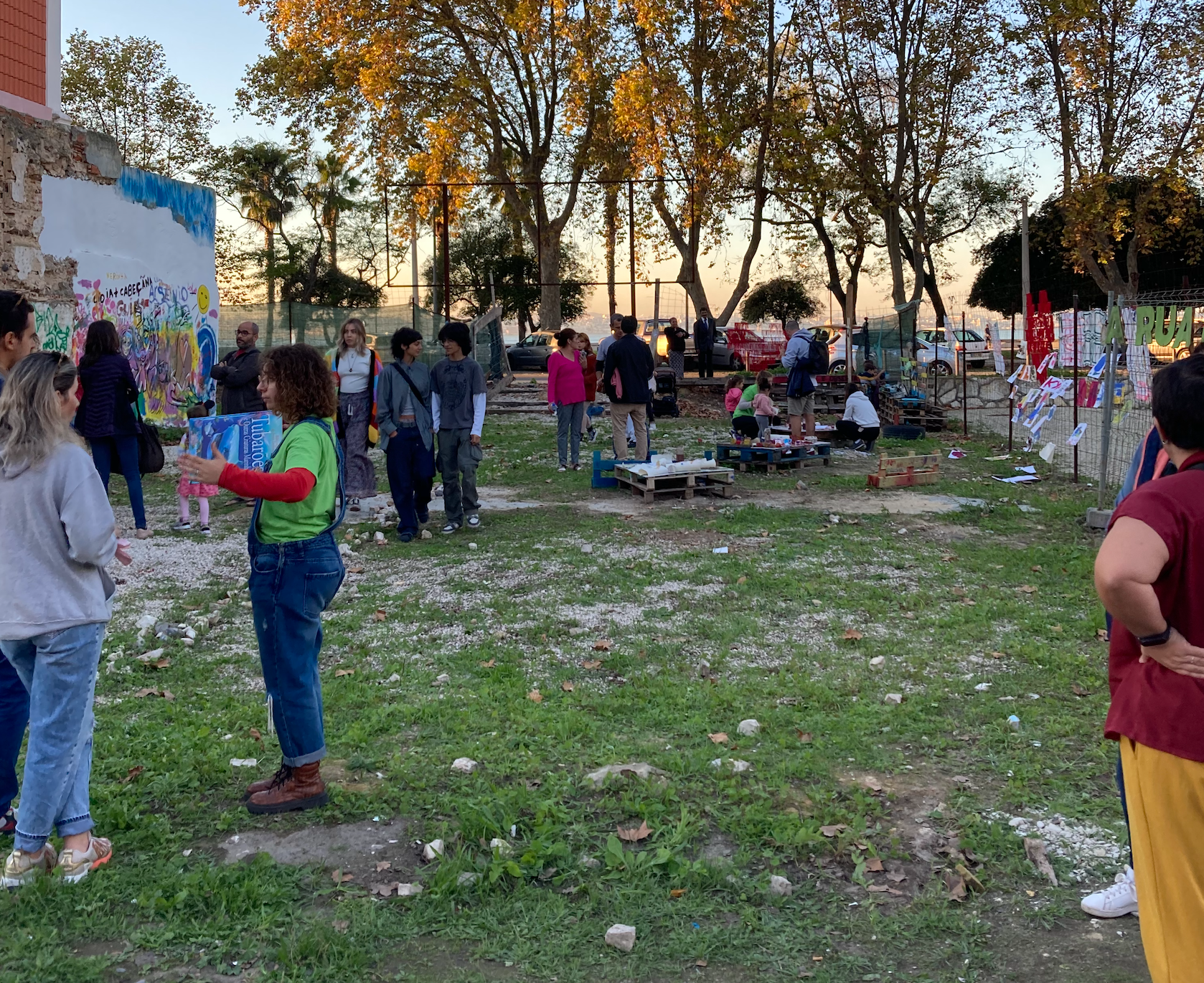Charalambous, N., Panayi, C., Roussou, E. (2024). Co-creating Urban Commons Through Community-Engaged Pedagogies. In: Blanco Lage, M., et al. (Eds.) Towards a New European Bauhaus: Challenges in Design Education (pp. 171–180). EAAE AC 2022. Springer.
Posted on 31-08-2022
The importance of empowering and engaging citizens in the shaping of their living environments to ensure a sustainable and affordable development and promote a sense of community has been highlighted in recent years (UN-Habitat). Citizens and professionals (architects, public institutions, private enterprises) are called to adopt new roles within the spatial design and provision process, which often challenges the ability of the latter to respond effectively to the rising need for a community-engaged design approach. The necessity to train future architects in conceptualising and implementing solutions, within a transdisciplinary framework, that uphold the sustainable development goals, reveals the need to revisit, assess and rework the relevant pedagogical approaches.
This paper reflects on a community-engaged housing studio approach and a subsequent design & build co-creation workshop at the Department of Architecture, University of Cyprus, in the design and development of a public space in a residential neighbourhood in Nicosia. The housing studio incorporates principles of inclusivity and sustainability and aims to create the conditions for an integrated framework to facilitate sustainable urban governance and to create a community of practice in which students, educators, researchers, enterprises, dwellers and the local municipality can work together to foster a participatory, co-creation process. Drawing from the tools and methods of live studios and Urban Living Labs, this transdisciplinary process involves the aforementioned participants at various levels and stages, and follows a circular methodology of (1) assessing and understanding, (2) engaging and co-creating, (3) co-designing and implementing and (4) assessing and evaluating.
Reflecting on the outcomes, the paper discusses the opportunities and limitations of a community-engaged design methodology to expose future graduates to real world contingencies which, through interaction with different stakeholders, can encourage a sense of community and empower the citizens as decision makers with a sense of responsibility for their residential environment.
Related cases

Die Baupiloten Berlin
Created on 29-07-2024
Related vocabulary
Urban Commons
Area: Community participation
Created on 14-10-2022
Read more ->Blogposts

Something is blooming in Nicosia: community-engaged design & build activities at UCY School of Architecture
Posted on 21-07-2023
Reflections
Read more ->
Navigating Two Realms: A Comparative Exploration of Community-Engaged Architectural Education in Spain and the UK
Posted on 04-12-2023
Secondments, Reflections
Read more ->
Exploring Urban Innovation in Lisbon
Posted on 20-11-2024
Secondments
Read more ->

